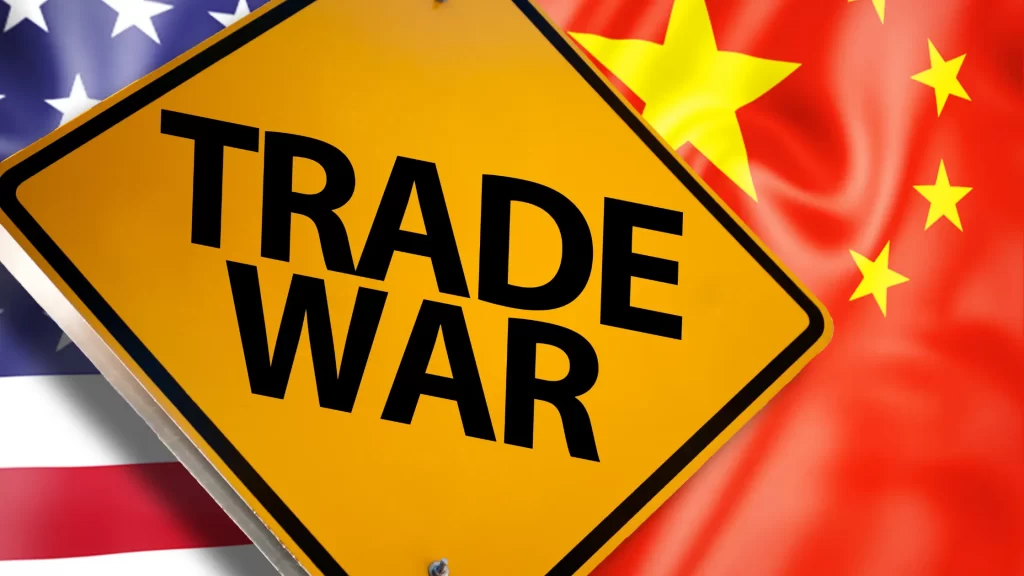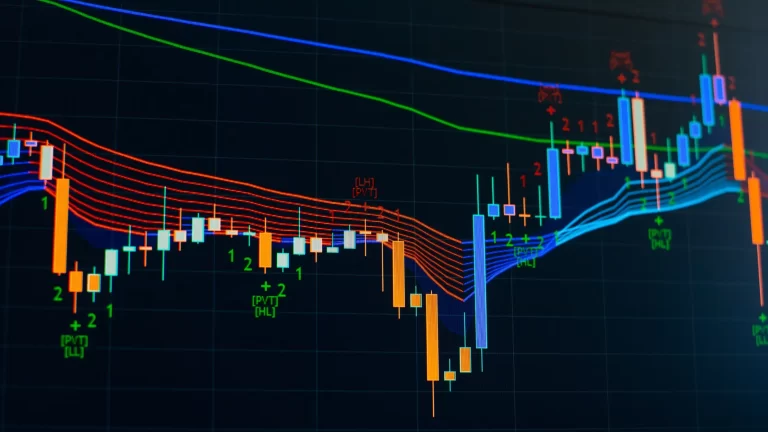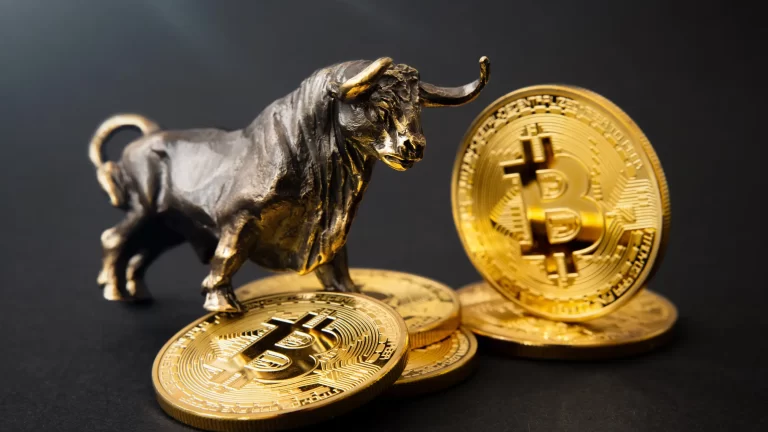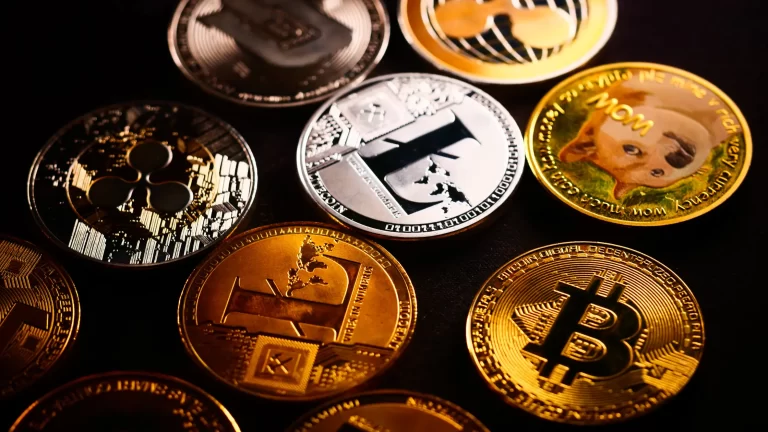How Trade Wars Will Drive Bitcoin to New Heights

Donald Trump is back, and with him comes a return to high-stakes economic brinkmanship. His campaign rhetoric wasn’t just bluster – his administration is set to reignite global trade wars with aggressive tariffs, including a 60% tax on Chinese imports, a 10% blanket tariff on the rest of the world, and sector-specific hikes targeting industries like auto manufacturing.
But here’s the kicker: Trump’s team isn’t just focused on tariffs. They’re actively seeking to weaken the U.S. dollar – a maneuver that could have unprecedented ripple effects across global markets. If history is any guide, this policy shift won’t just destabilize traditional financial systems; it will likely accelerate the rise of Bitcoin as a global hedge against fiat currency manipulation.
The Coming Dollar Debasement
Trump and his advisors have been vocal about their desire to weaken the dollar while maintaining its reserve status – an economic paradox that is nearly impossible to achieve without severe unintended consequences. The logic is simple: a weaker dollar makes U.S. exports more competitive and boosts domestic manufacturing. But achieving this goal won’t be as easy as flipping a switch.
Why? Because historically, tariffs strengthen the dollar. When the U.S. slaps tariffs on foreign goods, demand for the dollar increases as foreign economies weaken in response. This is exactly what happened between 2018 and 2019 when Trump launched his first wave of trade wars. But this time, the administration is eyeing a different playbook: forcing a coordinated currency devaluation with global economic powerhouses like China, Japan, and the Eurozone – a move that could mimic the Plaza Accord of 1985.
If successful, this coordinated attack on the dollar could artificially drive its value downward, making U.S. exports cheaper. But there’s an enormous risk: such interventions rarely go as planned. The potential for capital flight, increased inflation, and loss of confidence in the dollar could accelerate the very outcome Washington fears most – a decline in the dollar’s global dominance.
Why Bitcoin is Poised to Benefit
Let’s not mince words: Trump’s trade war policies and dollar devaluation strategy will unleash chaos on traditional financial markets. Amid this turmoil, Bitcoin stands to gain in ways few analysts are prepared to acknowledge.
As the Federal Reserve struggles to navigate the fallout from a weaker dollar and surging tariffs, the purchasing power of U.S. consumers will likely erode. When fiat currency loses its reliability, investors flock to alternative stores of value. Gold has historically been the preferred hedge, but in an era of digital finance, Bitcoin is becoming the preferred choice. Unlike fiat currencies, Bitcoin operates on a fixed supply of 21 million coins – making it an ideal safe haven in times of inflationary uncertainty.
Bitcoin isn’t just a hedge against inflation; it’s an escape hatch from the very economic constraints tariffs impose. In a world where international trade is being strangled by protectionist policies, Bitcoin remains untethered. It doesn’t need the blessing of central banks, trade agreements, or political negotiations to function. Businesses, investors, and even nations looking to bypass tariffs may turn to Bitcoin as an alternative medium of exchange.
The “exorbitant privilege” of the U.S. dollar – the idea that the U.S. can endlessly print money because the world depends on its reserve status – is already under threat. China, Russia, and the BRICS nations have been working tirelessly to reduce their reliance on the greenback. If Trump’s trade policies accelerate de-dollarization efforts, Bitcoin becomes an even more attractive alternative. Why? Because Bitcoin is neutral money – it doesn’t answer to any government, it can’t be sanctioned, and it doesn’t require trust in a centralized authority.
Unlike the last trade war cycle, Bitcoin is no longer a fringe asset. The rise of Bitcoin ETFs, institutional adoption by firms like BlackRock and Fidelity, and increasing corporate treasury allocations (hello, MicroStrategy) mean that Bitcoin is now viewed as a legitimate financial asset. If the dollar enters a downward spiral, the capital that would traditionally flow into gold or real estate will increasingly find its way into Bitcoin.
The Inevitable Financial Reset
Let’s be clear: Trump’s economic policies, combined with an aggressive Federal Reserve, are setting the stage for a historic financial realignment. The great irony? The very same policies designed to strengthen U.S. economic independence may end up pushing global finance further toward decentralized alternatives like Bitcoin.
The question isn’t whether Bitcoin will benefit from the coming trade war – it’s how fast and how dramatically. The last decade has proven that every economic crisis drives more people toward Bitcoin, and the next four years could be its most defining chapter yet.
The dollar’s reign is far from over, but its grip on global finance is slipping. And in the vacuum left behind, Bitcoin is emerging as the new king of financial sovereignty.




